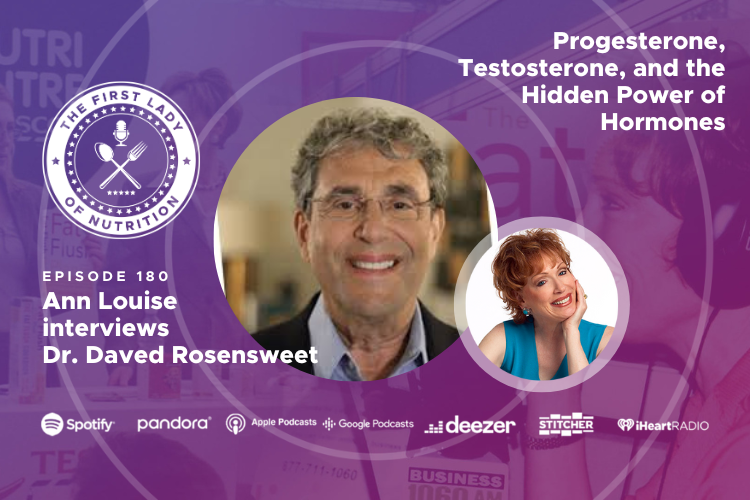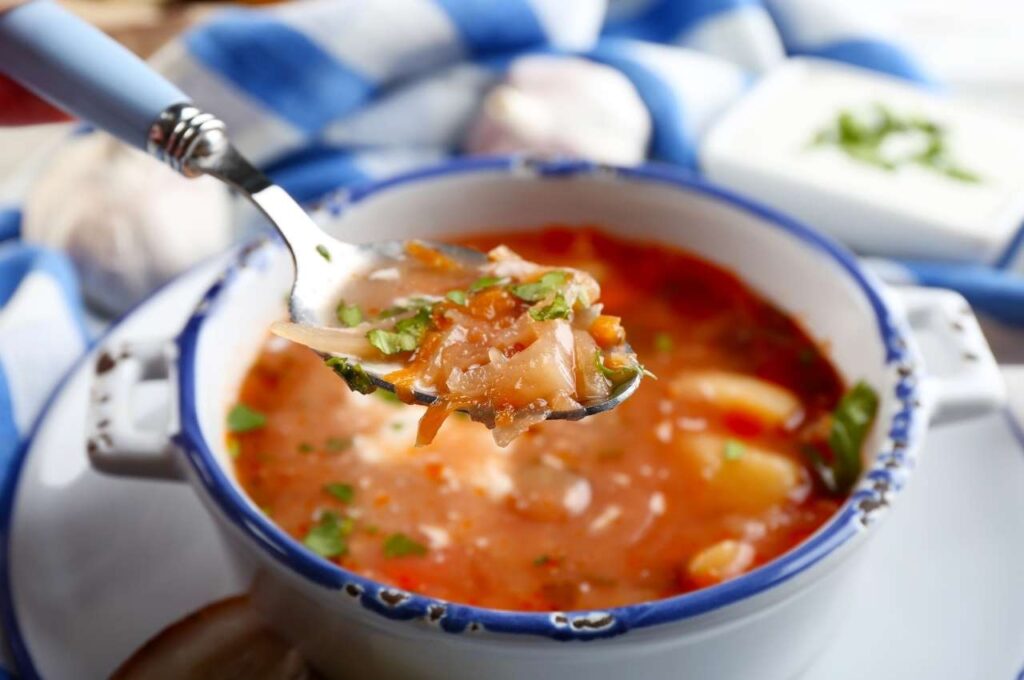Healing Herbs Kill Bacteria and Viruses.
 Everyone wants a great tasting Thanksgiving feast. Isn’t it nice to know that seasoning with herbs and spices can also kill the bacteria, fungi, and viruses that cause food poisoning?
Everyone wants a great tasting Thanksgiving feast. Isn’t it nice to know that seasoning with herbs and spices can also kill the bacteria, fungi, and viruses that cause food poisoning?
Better yet, some—like cayenne, cinnamon, garlic, and turmeric—offer well-documented benefits for autoimmune disease, cancer, diabetes, heart disease, lung and neurological problems.
Researchers at the University of Michigan in Ann Arbor find that curcumin in the spice turmeric, which gives curry its bright yellow color, prevents the growth of breast cancer stem cells in the lab. Just be sure to add a little black pepper, which contains piperine, to your curry to boost its cancer-fighting power.
Numerous studies show that cinnamon is useful for people with insulin resistance and Type 2 diabetes. For starters, this subtly sweet spice helps the body balance blood sugar. Lab experiments at the U. S. Agricultural Research Service find that cinnamon helps cells in the body to recognize signals from insulin that they need to take sugar out of the blood.
In terms of food safety—increasingly a concern today with all those antibiotic “super bugs” around—herbs and spices contain natural bacteria-, fungi-, virus-, and yeast-fighting agents. That’s one reason many food manufacturers use them (particular marjoram, oregano, and sage) as natural preservatives.
Certainly the ancients—from the early Egyptians to the Greeks and Romans—depended on herbs and spices to preserve their food. Ayurvedic medicine traditionally uses turmeric as an antacid as well as an antiseptic.
Dr. Ann Louise’s Take:
Finally, herbs and spices are getting the respect they deserve! Recent Egyptian research finds cinnamon and clove the most powerful spices for killing off food-born bacteria.
An extensive study at the M. D. Anderson Cancer Center at the University of Texas has identified a number of spices—clove, cumin, chili pepper (cayenne), fennel, ginger, and turmeric—that protect against cancer. Antifungal agents in clove even fight candida yeasts.
From my own clinical practice and research, I know that many Thanksgiving foods and seasonings are also antiparasitic: anise, black cumin, clove, cranberry, garlic, fennel, licorice, oregano, thyme, and sage. Because they’re definitely a seasonal crop, cranberries are easy to find this time of year, so stock up now! Just pop them in the freezer for later.
Aromatic in a holiday kitchen and warming to the soul, herbs and spices are natural anti-inflammatories, diuretics, and heavy-metal chelators. These enticing flavor enhancers provide digestive benefits, and many are safe, natural phytoestrogens as well.
If the herbs and spices in your kitchen cabinet are collecting dust, they’re probably too old to be of much use—health wise or taste wise. Replace them at least once a year.
I highly recommend buying non-irradiated—and whenever possible, organic—herbs and spices. Even though these seasonings have antimicrobial activity, it’s safer buying them already packaged, rather than scooping them out of bulk bins (even if it’s cheaper). You get what you pay for!
My favorite seasonings? For health benefits and flavor, I especially like:
• Allspice
• Anise
• Apple cider vinegar
• Basil (fresh or dried)
• Bay leaves
• Cayenne
• Cinnamon
• Cloves
• Coriander
• Cumin
• Dill (fresh or dried)
• Fennel (fresh or dried)
• Garlic (fresh or dried)
• Ginger (fresh or dried)
• Jalapenos (fresh or in jars)
• Marjoram (fresh or dried)
• Mustard (dried or prepared Dijon)
• Nutmeg
• Oregano (fresh or dried)
• Pepper (black, pink, or green peppercorns to grind fresh)
• Rosemary (fresh or dried)
• Sage (fresh or dried)
• Thyme (fresh or dried)
• Turmeric
• Wasabi
Use ¼ to ½ teaspoon of any of these 3 to 5 times a week. Vary herbs and spices to discover your own “faves” and to prevent any potential allergic reactions.












6 Responses
The most exciting seasoning that is making news is “black seed,” a relative of cumin which is being used to fight pancreatic cancer.
I always take cinnamon with me when I travel. It eases digestion!
Great! I am most interested in the cumin connection…
I agree completely, its no wonder people just dont get it. In this day and age its imperative.
I am very curious about your thoughts regarding turmeric supplementation? What little I have been able to glean suggests that it needs to be ingested quite regularly (and in some quantity) to get the benefits…ands given my aversion to the taste, and the rising availability of bioavailable supplements, it seems like a good idea? (but, boy, if I had a nick for every time I thought something seemed like a good idea!). 😀 your thoughts??
Anna – As a nutritionist I do think that turmeric supplements can be the way to go.